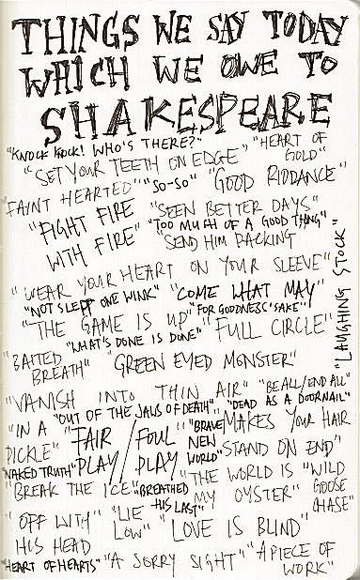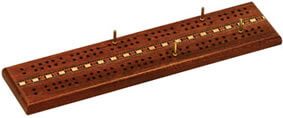tittle /
tit-êl / noun
1. A small jot, such as the dot of an "i", the cross on a "t", the tiny beard (cedilla) on "ç", or the tilde atop Spanish "ñ", as in cañón "canyon".
2. Something minute, incredibly tiny, smaller even than an iota; indeed, the dot on an iota (Greek short "i") is a tittle.
Linguist Robert Beard, editor of excellent
alphaDictionary,
notes: this noun is unrelated to the verb (to) tittle, which was clipped from the rhyme compound tittle-tattle. Nor should it be confused with a titter "a suppressed giggle". Think of a tittle as the smallest thing or amount visible without a magnifying glass.
Tittle, Dr. Beard writes, originally referred to those itsy-bitsy appendages, diacritical marks, that are added to letters in some languages, "Red Ard almost failed French for consistently omitting the tittles on his written French." Although we classify today's word as a noun, it probably is used today more often as a quantifier, specifying how much, "When Lucinda dropped her ice cream cone on Harry Beard's head, he didn't move a tittle."
History: Tittle entered Middle English as titel, originally a variant of title, from Latin titulus "label, title, inscription". In 1607 Francis Beaumont wrote in his play,The Woman Hater, "I'll quote him to a tittle," meaning precisely, without omitting so much as a tittle. The same Latin word developed into Spanish tilde "accent, tilde". Somewhere over the years that followed, "to a tittle" was apparently confused with the phrase, "cross all your Ts (and dot your Is)," which also referred to exactitude. Ultimately, "to a tittle" was reduced to "to a T", which is how that odd expression wriggled its way into English. When we describe something to a T, we describe it absolutely exactly, down to the very last tittle.





.png)










